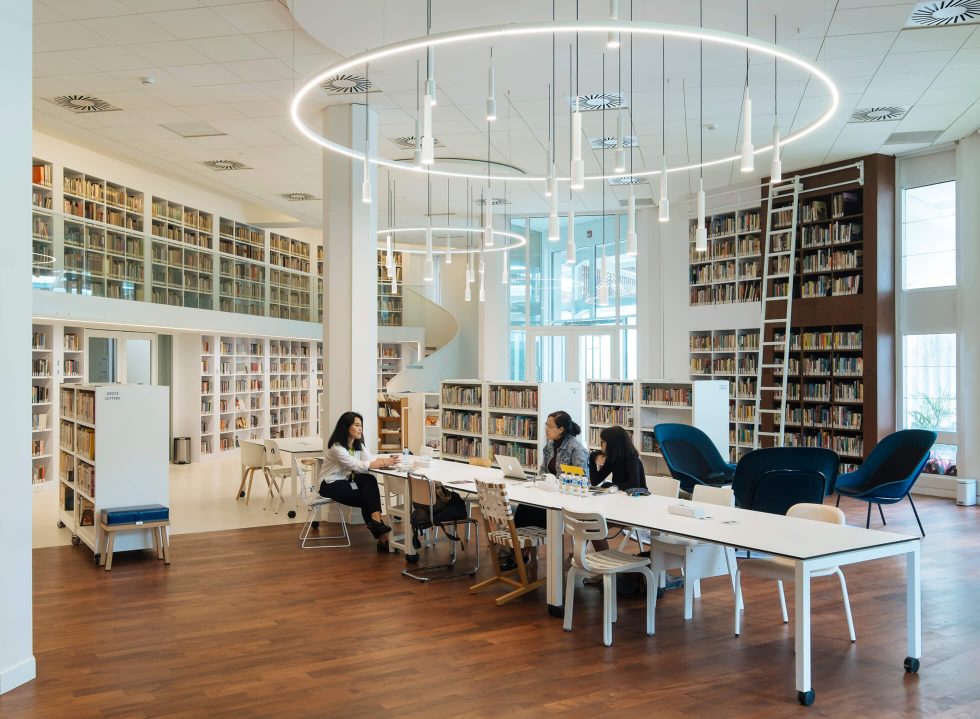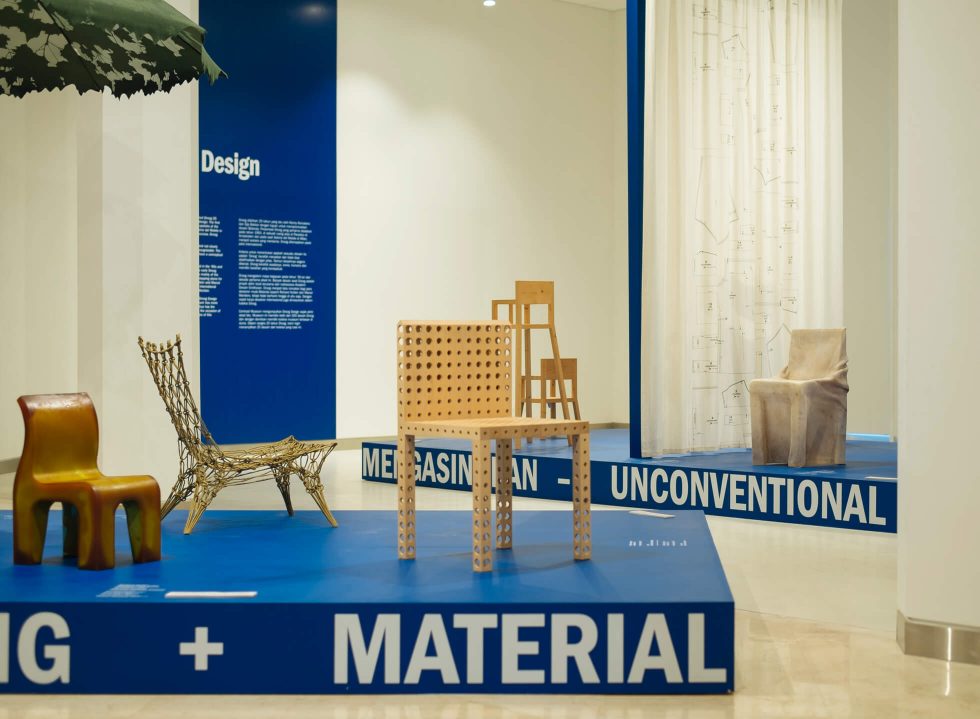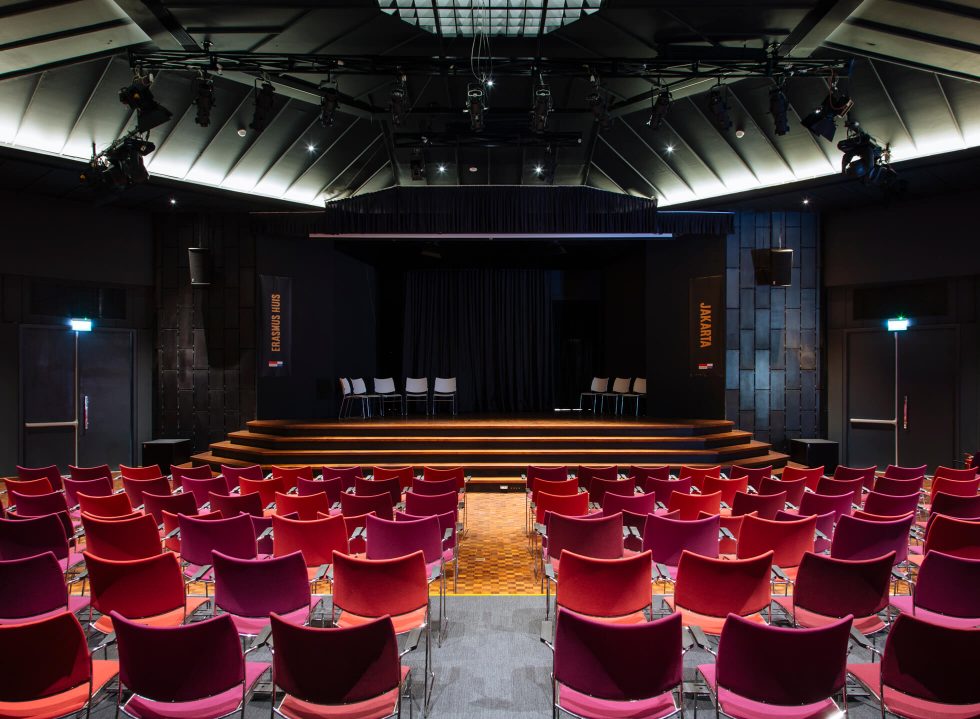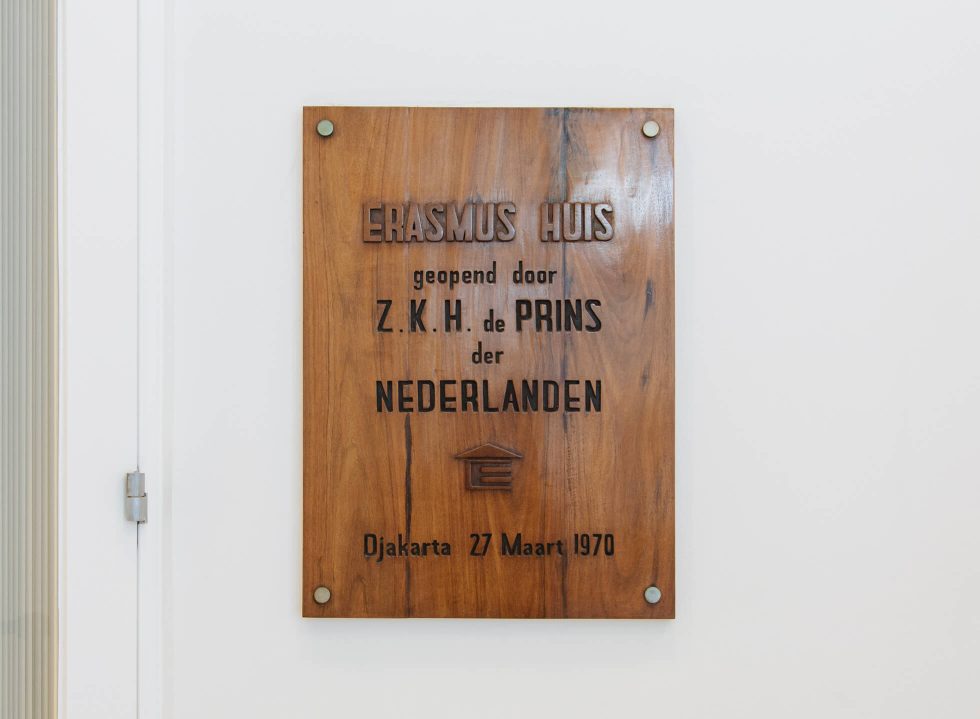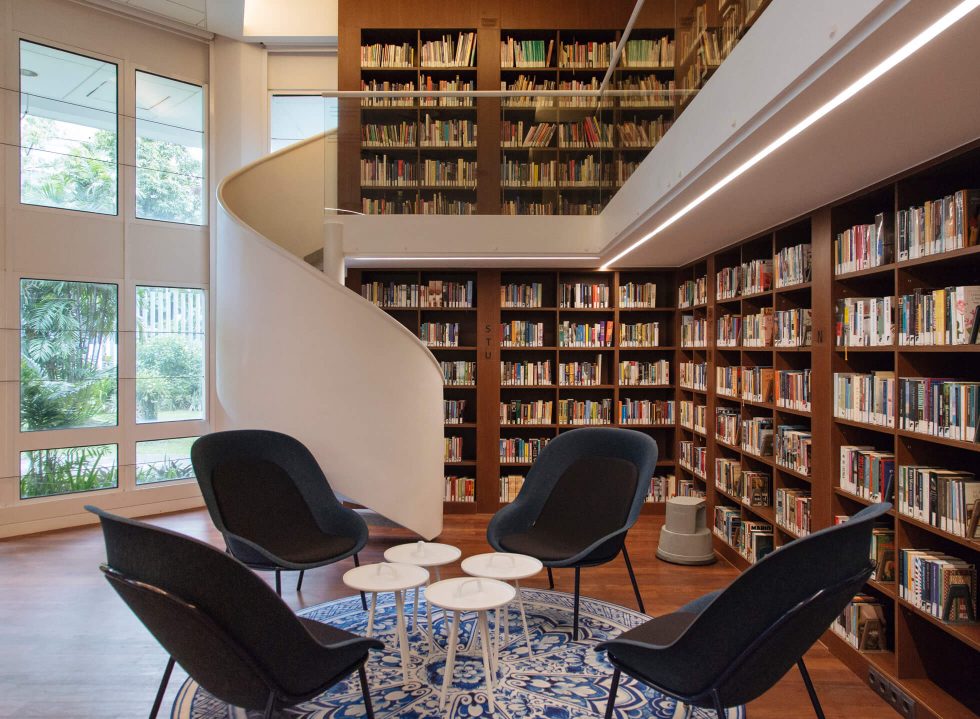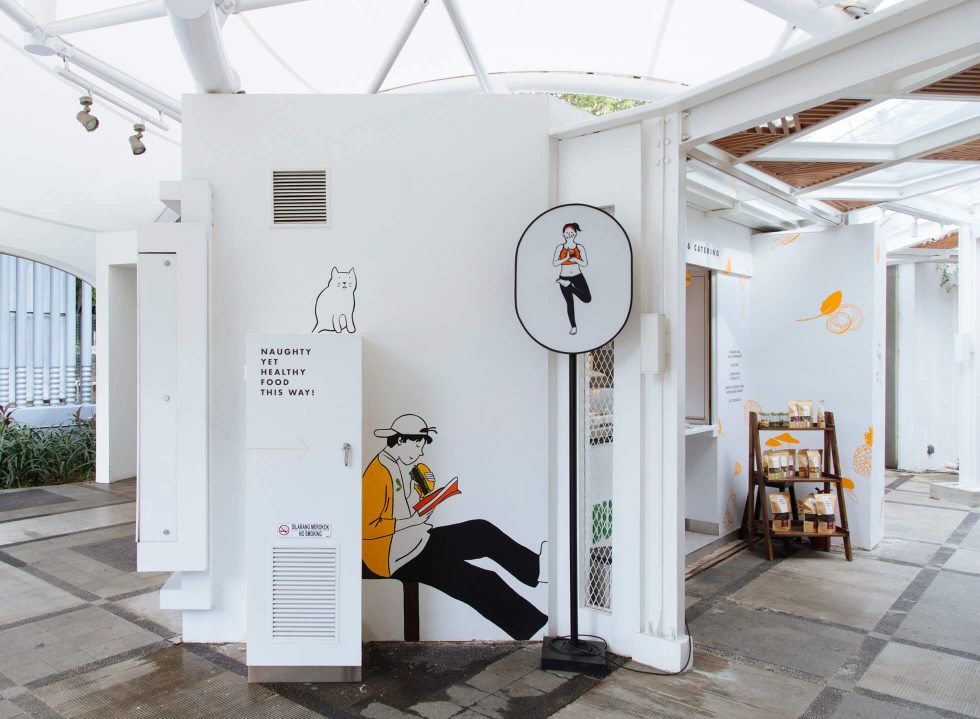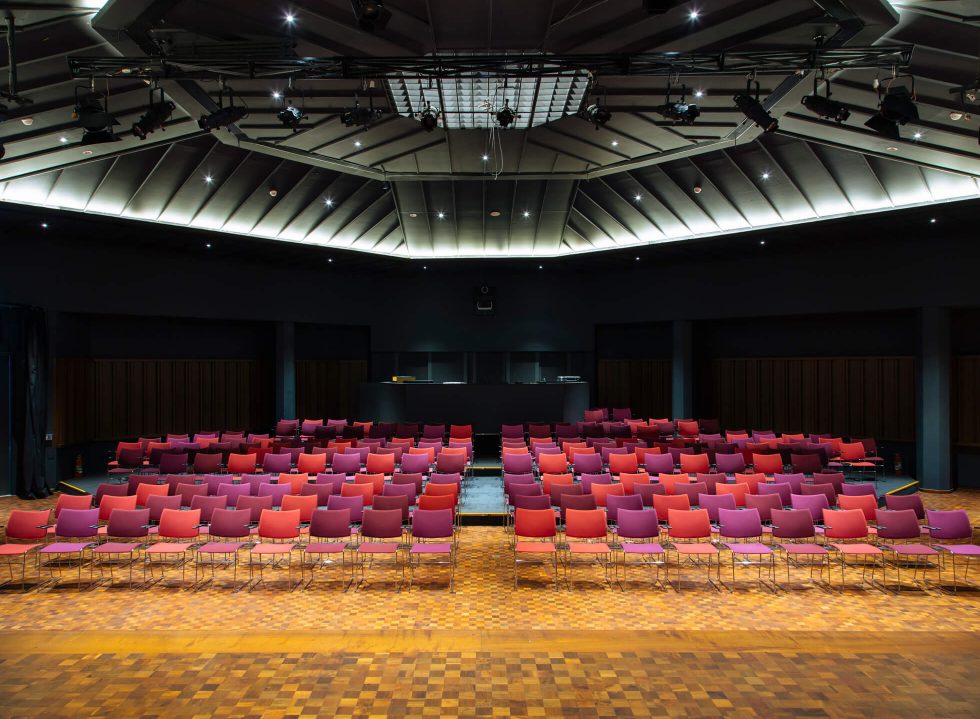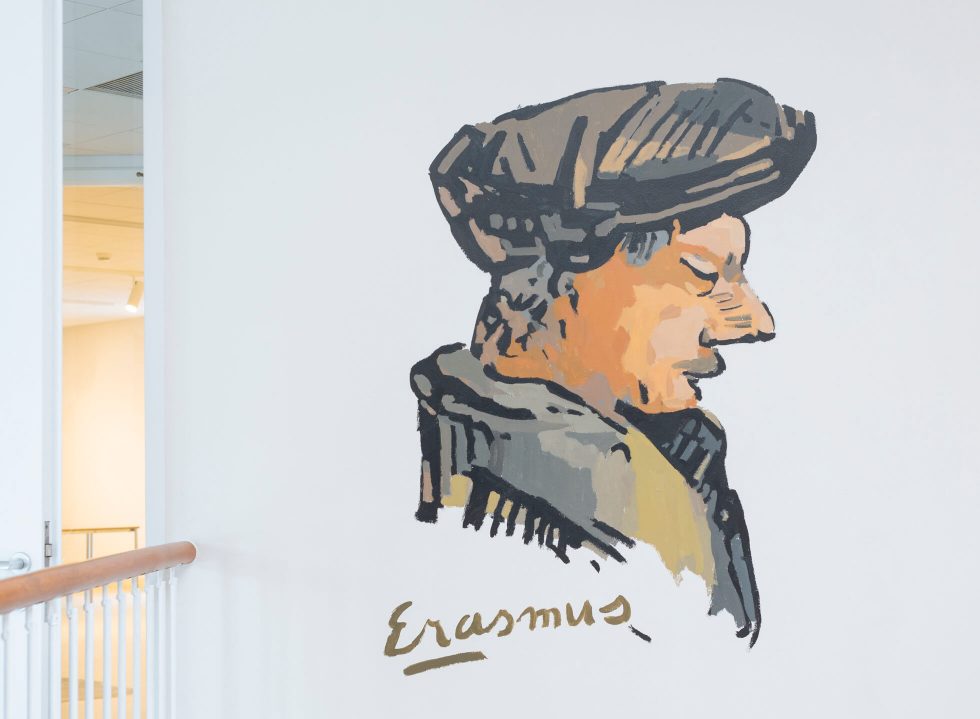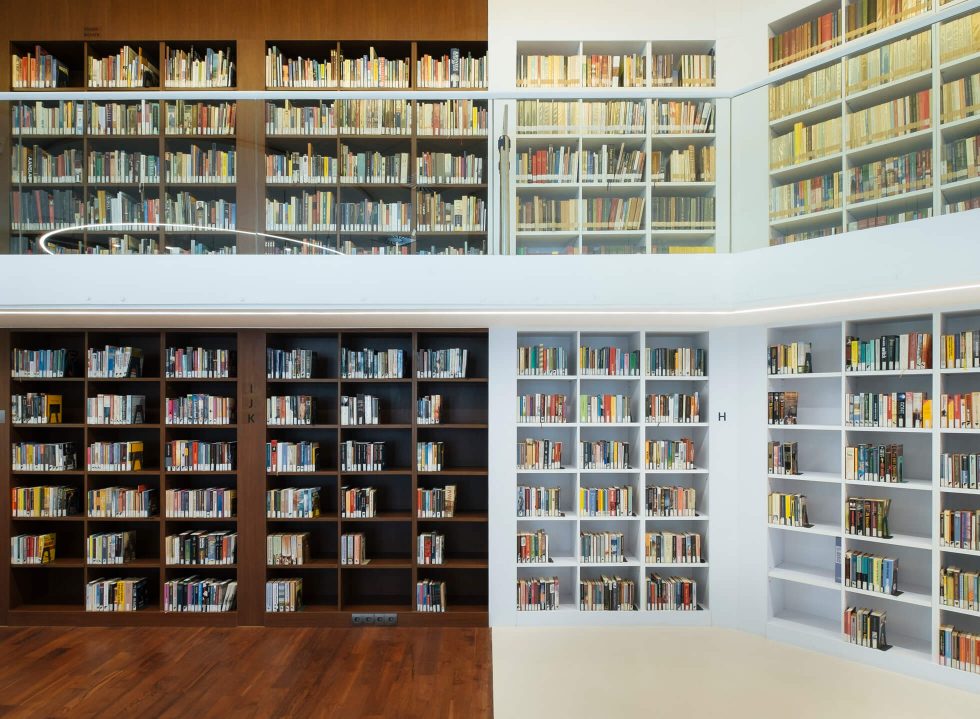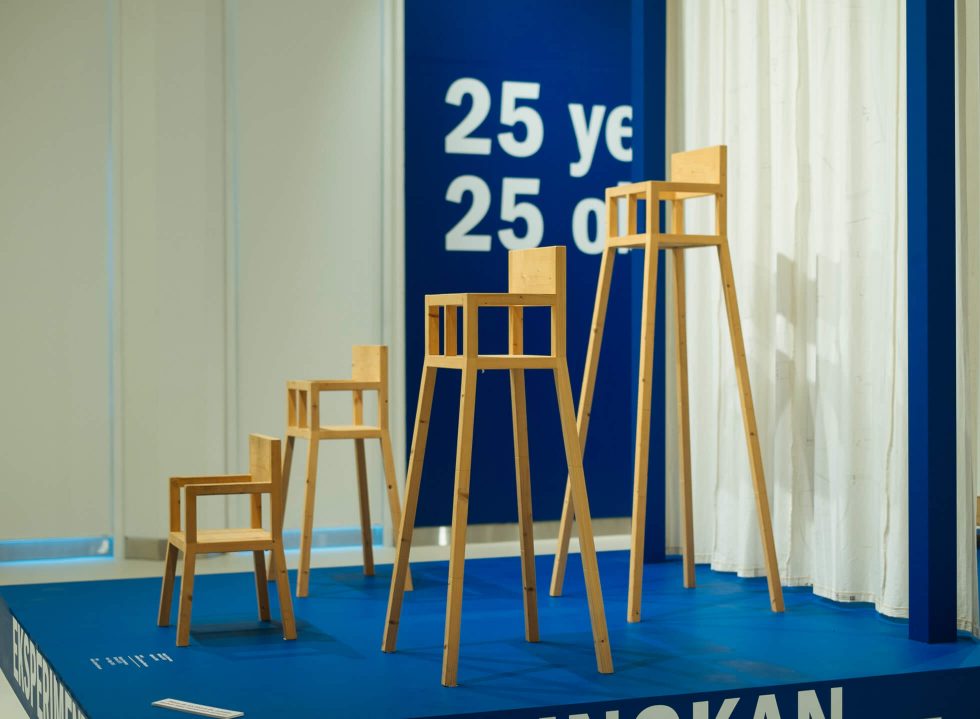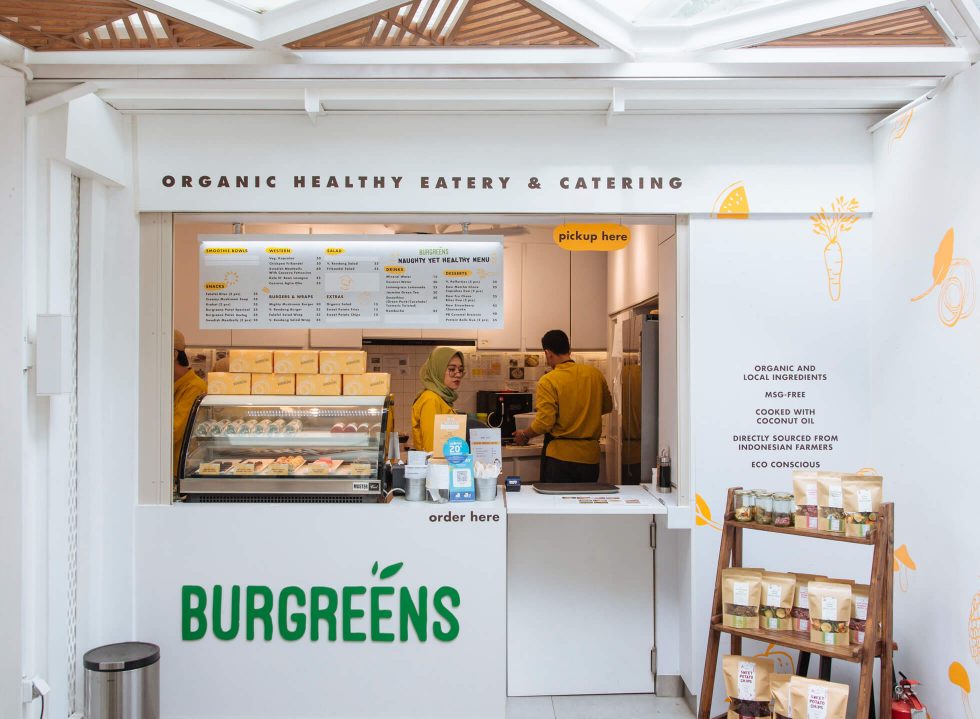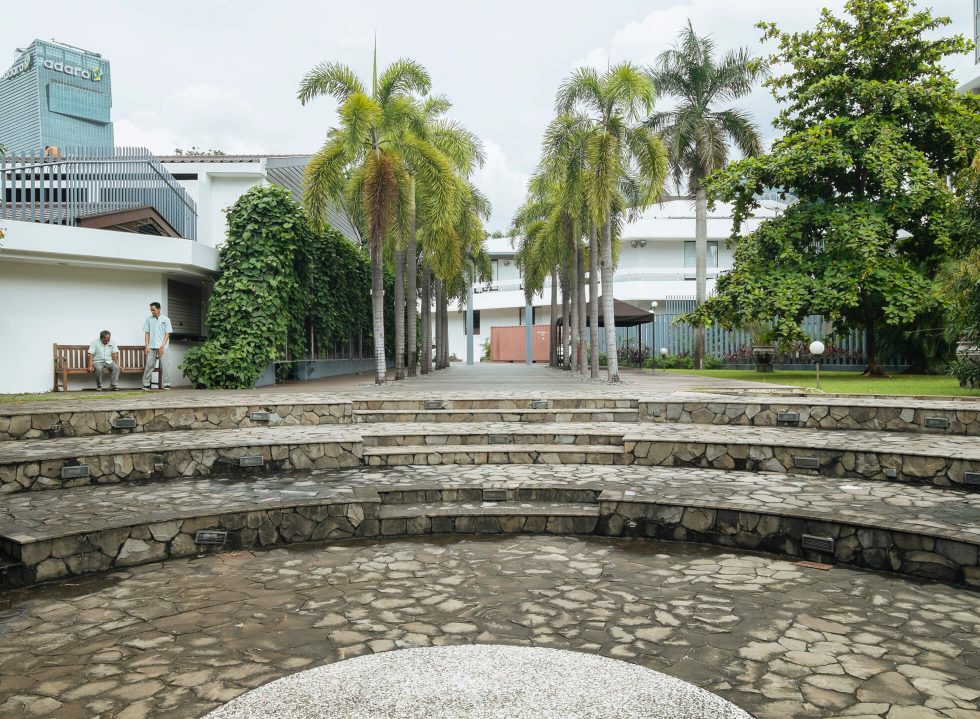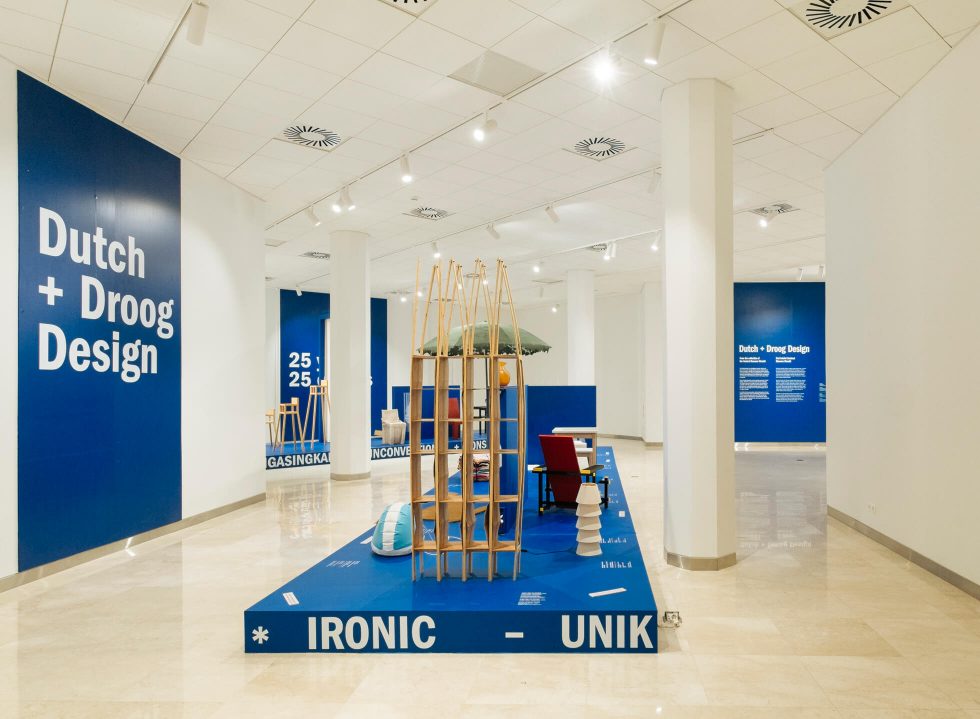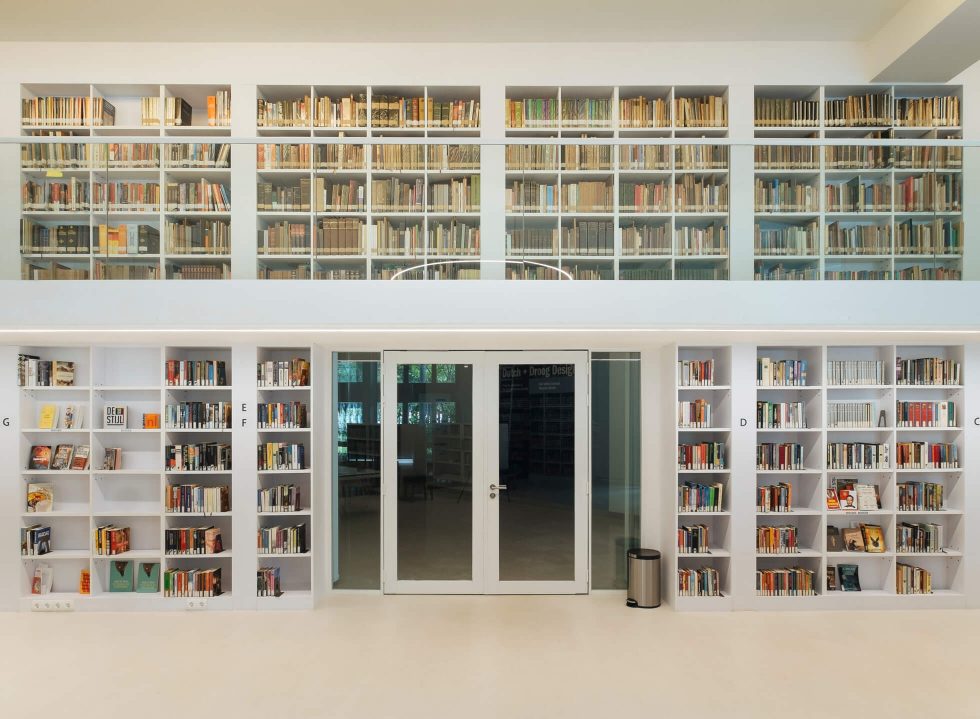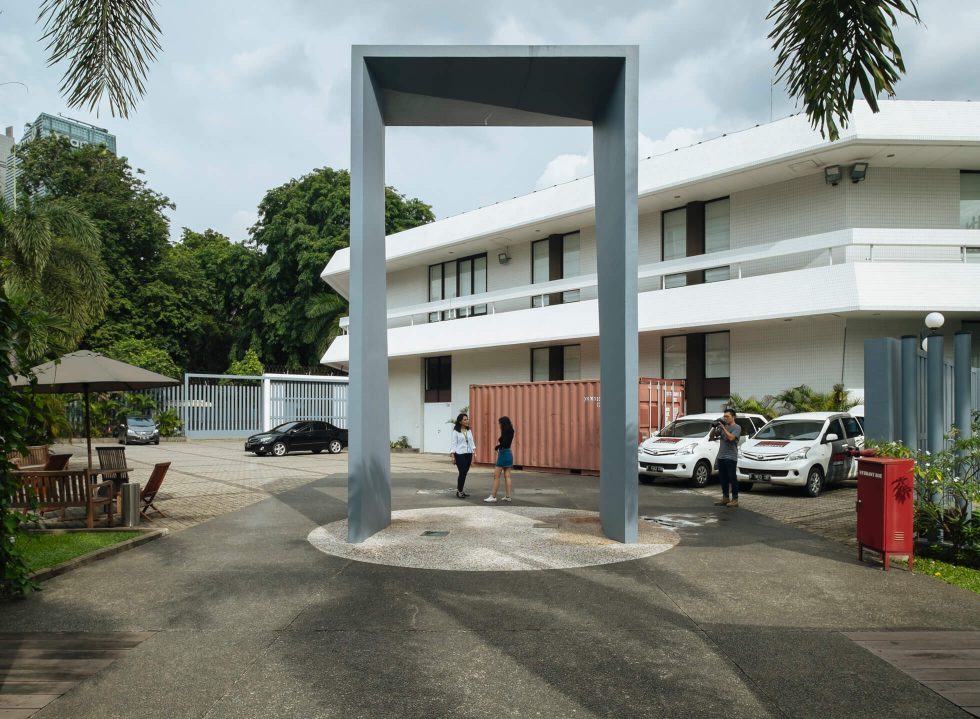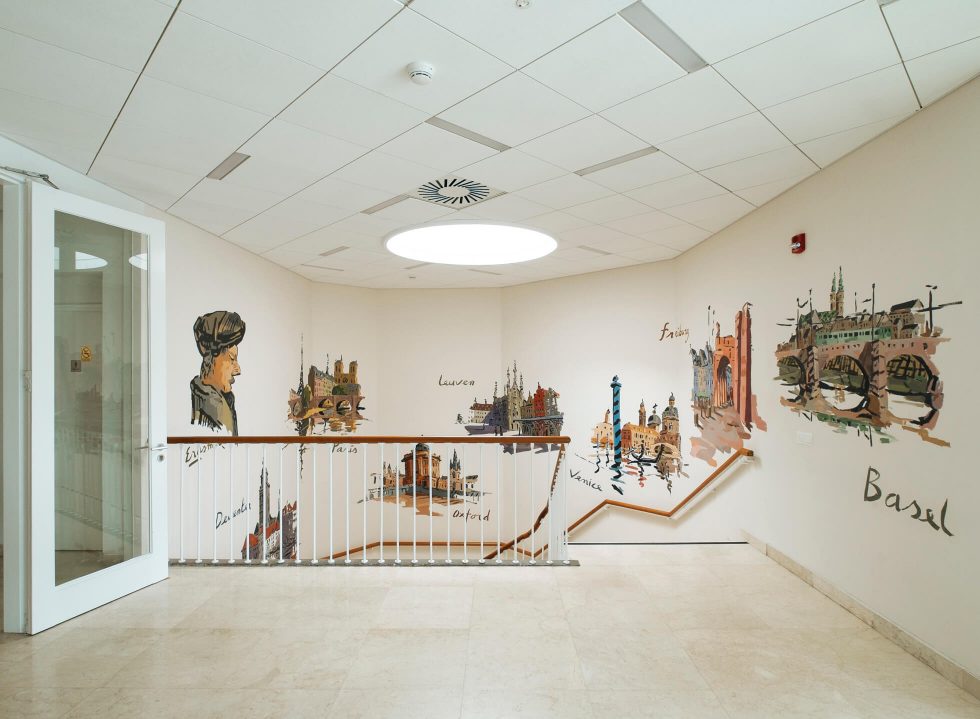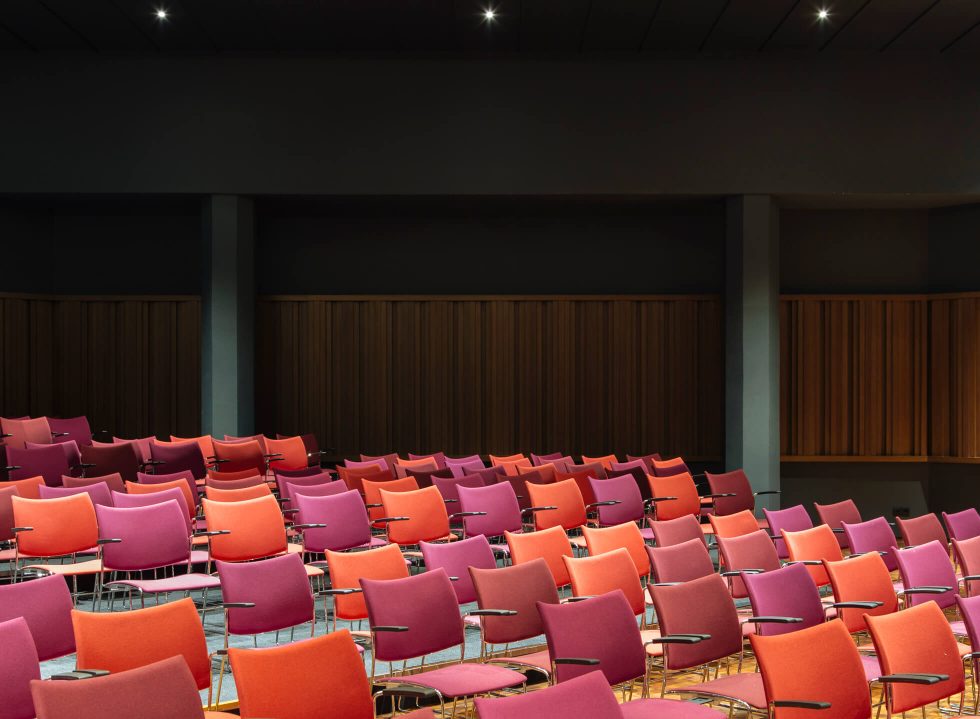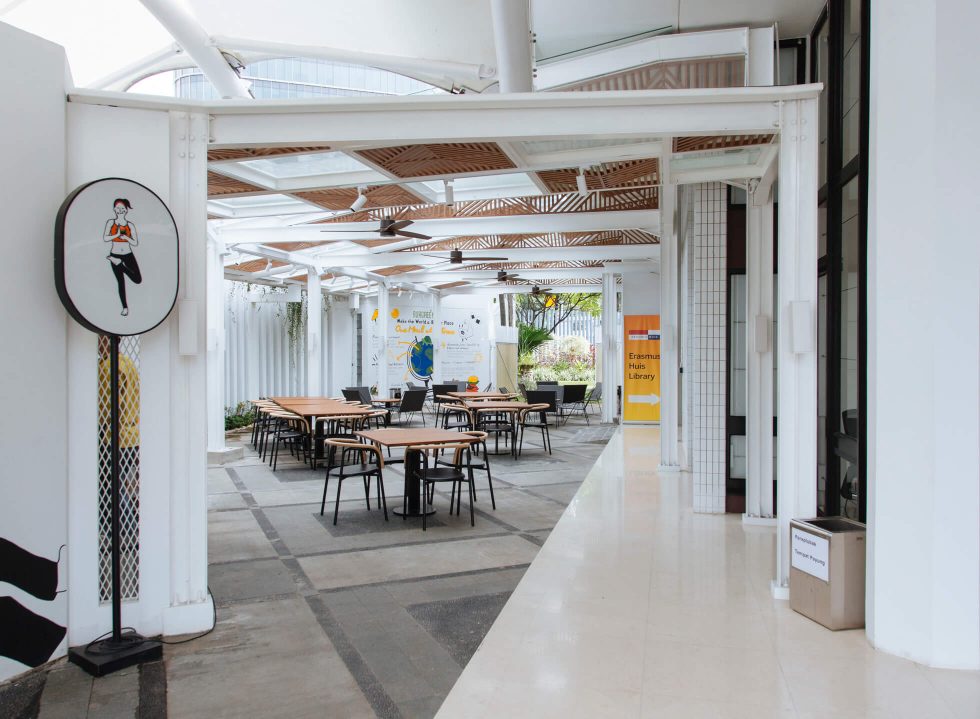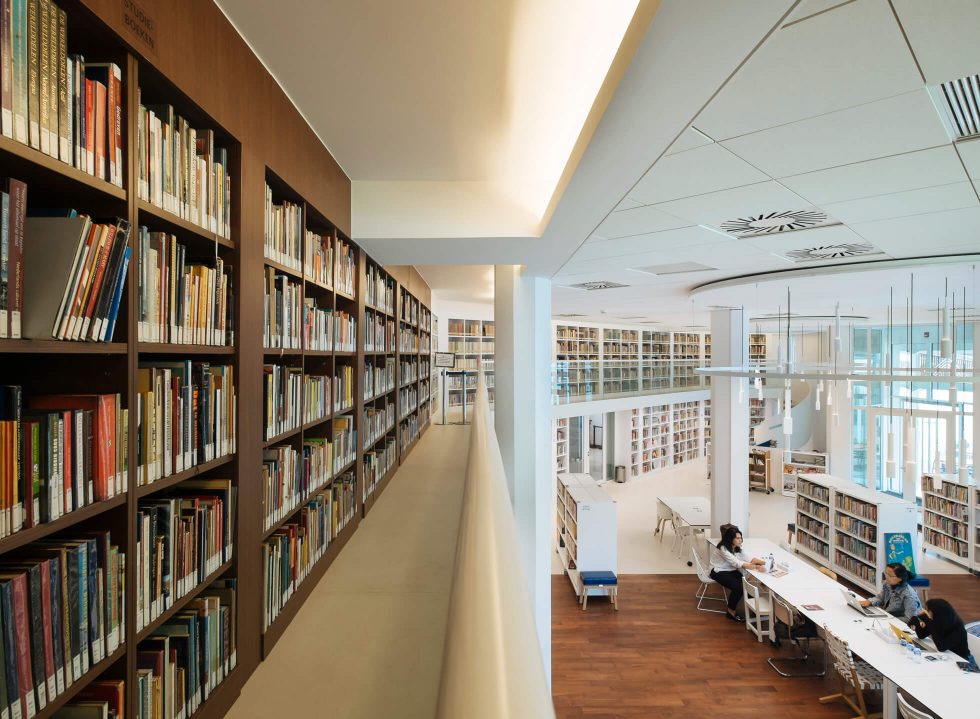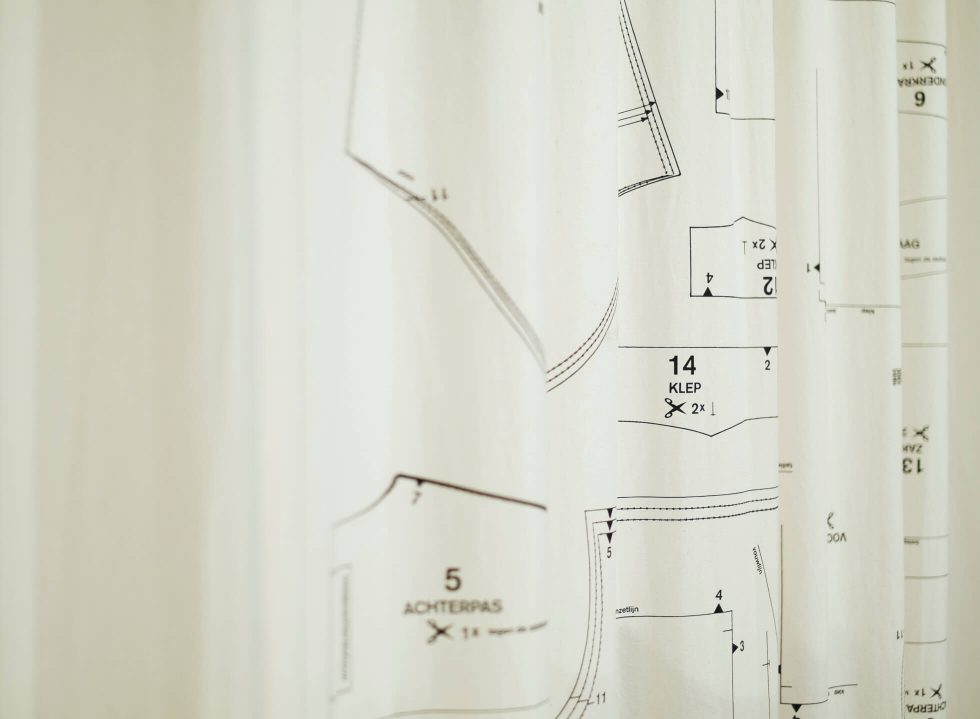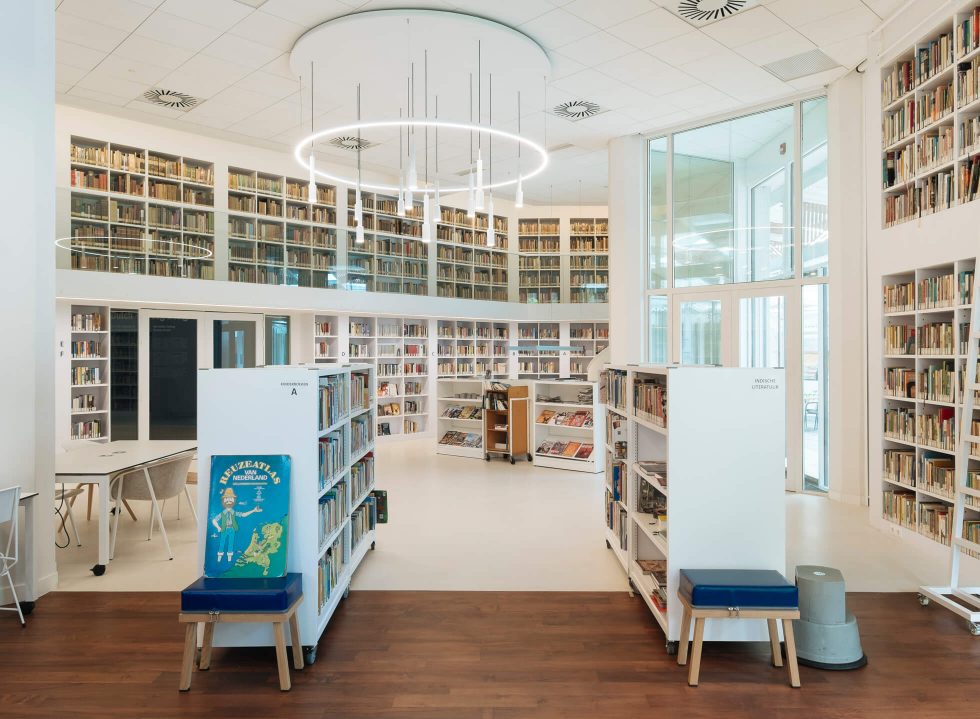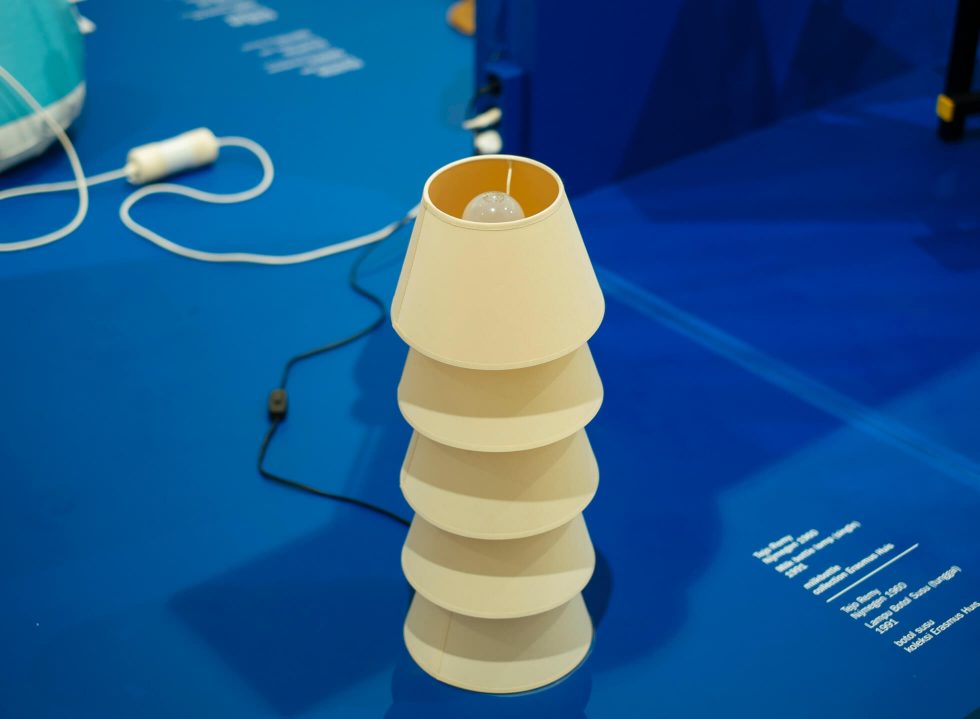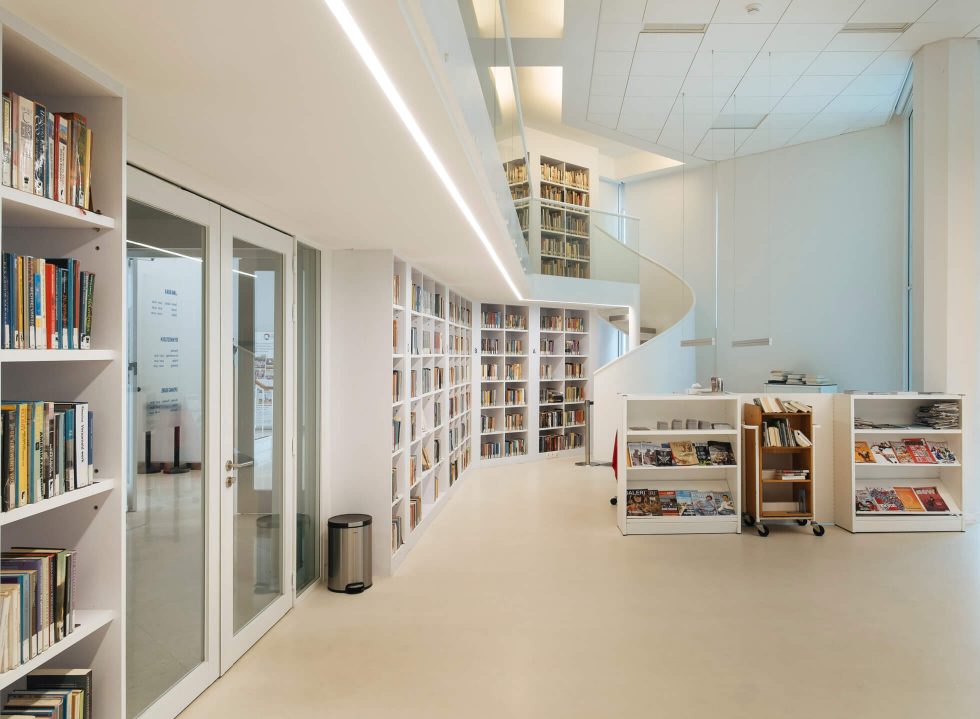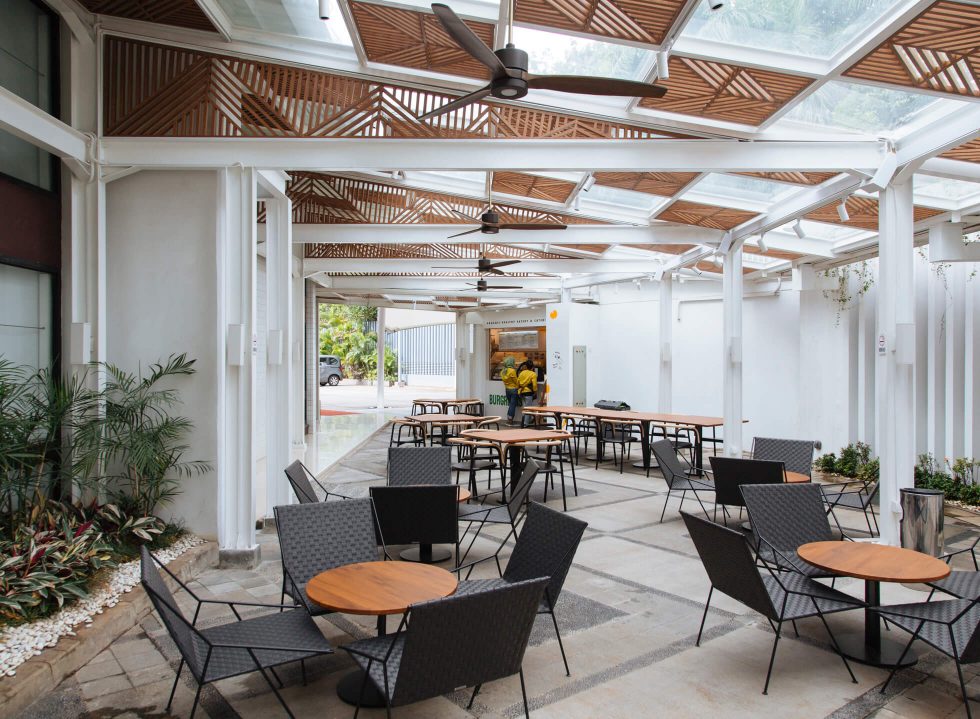Being in Jakarta naturally exposes us to the city’s growing internationalism, for the capital is a robust hive for the exchange and flow of ideas across the amalgam of cultures housed here. It’s an important aspect of growth to be sharing with the other. And among the existing efforts to steer the dialogues are foreign cultural institutions, such as the Dutch’s Erasmus Huis (read like “house”).
For the better part of history now, the Dutch and Indonesians have sewn back diplomatic relations. In 1970, the very first Erasmus Huis was established in respect to explore and deepen the two countries’ cultural ties.
Learning is at the core of Erasmus Huis. Housing multiple facilities, the building that sits by the Dutch embassy’s compound on Rasuna Said street is a hub that revolves around the enrichment of Indonesian-Dutch relationship via the things that captivate both societies.
From film, design, arts and literature and the in-betweens, the institute accommodates it all. In fact, the building has undergone substantial renovations with its library at the focal point, and it’s nothing short of magnetising.
Characterised by minimalism and reoccurring quirkiness, the Dutch architecture and design of the new library feature a neutral palette with wooden details, further complemented by similarly neutral-colored furniture with afore mentioned quirk in its design. That is, the set of thoughtfully mismatched chairs to the elongated white tables. Mismatched because not one corresponds to the other in looks or material, yet tied into the place just as harmoniously.
One must see the sleek library for themselves. It’s a quaint space to settle for a day’s study session and even better if you’re looking to practice your Dutch language skills with the copious amount of resources in Dutch filling the tall shelves. Then, where there’s the library catwalk lies the old relics of Dutch literature about Indonesia kept in rows and rows of history.
The foyer right by the library also received an expanding facelift to host a variety of activities spanning over Dutch culture, such as the current Dutch + Droog Design exhibition. Other programmes held at the Erasmus house includes music concerts, dance and art performances, and movie screenings. They’re all held here at the Erasmus foyer, the spacious auditorium, and more throughout the city, often held in collaboration with other institutions. A safe move would be to keep one’s eyes peeled for upcoming ones they have in the bag.
The institution strives to welcome youngsters whose curiousness run with the passion to indulge on cross-cultural knowledge, that could be followed by a quick bite at Burgreen’s stall that’s located within the compound. To be exposed to worlds of foreign culture is evermore a necessary passage in this globalising world. The house, afterall, is named after Dutch philosopher, Desiderius Erasmus, who was himself a curious thinker; a humanist who found himself travelling the European continent in pursuit of learning.
More and more young Indonesians envision a future beyond the motherland’s borders: cultural centres are the beginning point of expanding horizons. With Erasmus Huis and many other institutions of its like, consider them to be the first bridge you must cross in that journey.
Erasmus Huis Dutch Cultural Centre
Jl. Haji R. Rasuna Said Blok C no.3, Kuningan Timur
Operating hours:
Monday-Thursday: 9am-4pm
Friday: 9am-2pm
Saturday: 10am-1pm
